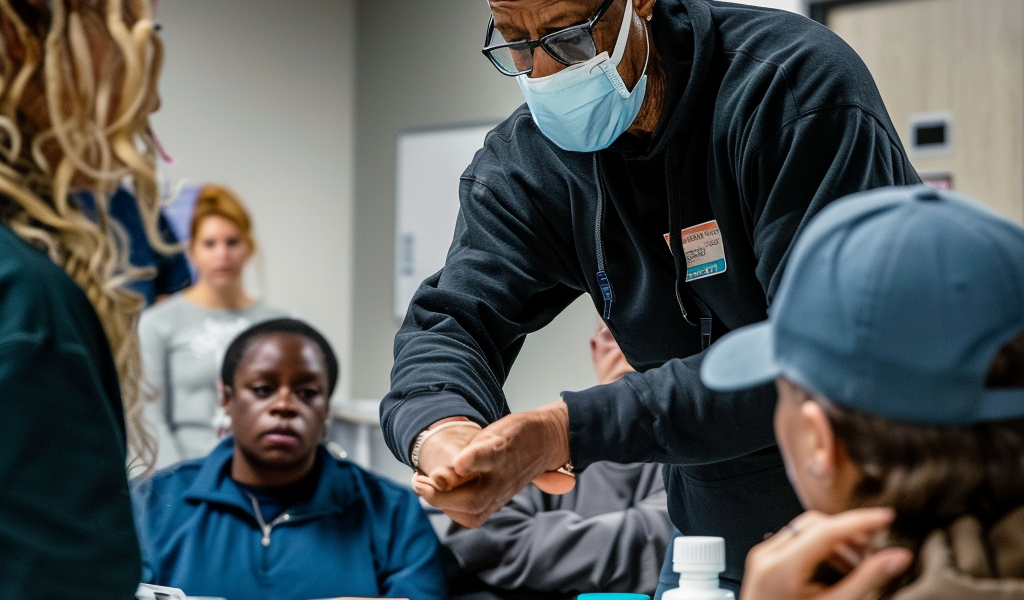Opioid overdoses are on the rise in Spokane County, posing a serious regional problem with a 30% increase in emergency overdose calls. Local advocates are urging elected officials to declare a state of emergency, emphasizing the need for more community awareness and preparedness.
As of February 20, 31 people in Spokane County had succumbed to overdoses, underscoring the urgency for community involvement in addressing this crisis. One effective way for individuals to contribute is by being equipped to administer naloxone, commonly known as Narcan, in the event of encountering an overdose. Naloxone can temporarily counteract the effects of opioids, potentially saving lives by restoring normal breathing in individuals experiencing an overdose.
Recognizing the symptoms of an overdose, knowing where to obtain naloxone, understanding its administration, and being informed about additional supportive measures are crucial steps for community members to take. To facilitate this, various resources have been compiled to aid individuals in familiarizing themselves with these essential aspects.
For those who prefer visual aids, the Washington State Department of Health (WSDOH) offers a graphic illustrating overdose symptoms and the use of naloxone in both nasal spray and shot forms. Additionally, the WSDOH provides educational videos in English and Spanish for further guidance. Moreover, the Washington Poison Center has released a comprehensive explanation of naloxone administration, catering to individuals seeking in-depth knowledge on the subject.
It is imperative to remember that alongside naloxone administration, promptly calling 911 is crucial as individuals experiencing an overdose may still require medical attention. Notably, naloxone exclusively addresses opioid overdoses and is ineffective for individuals overdosing on stimulants or psychostimulants, further emphasizing the significance of seeking medical assistance.
Furthermore, individuals concerned about potential legal liability associated with administering naloxone need not worry. Washington state’s Good Samaritan laws offer legal protection to individuals providing aid in such situations, underscoring the importance of community preparedness and intervention.





